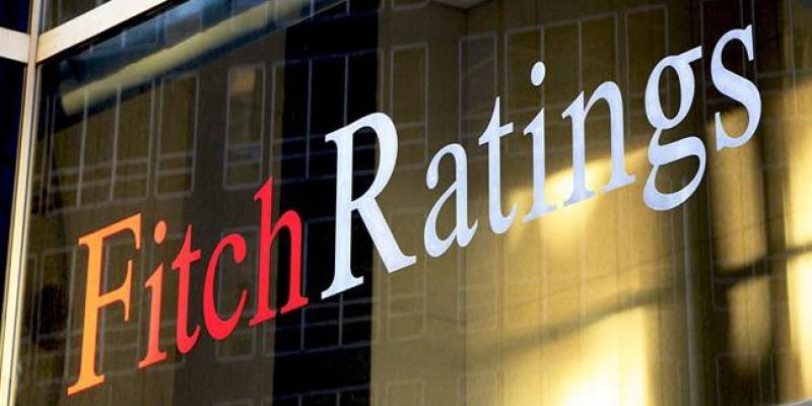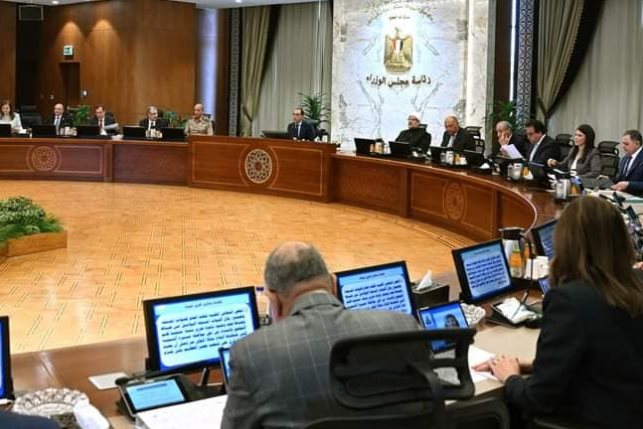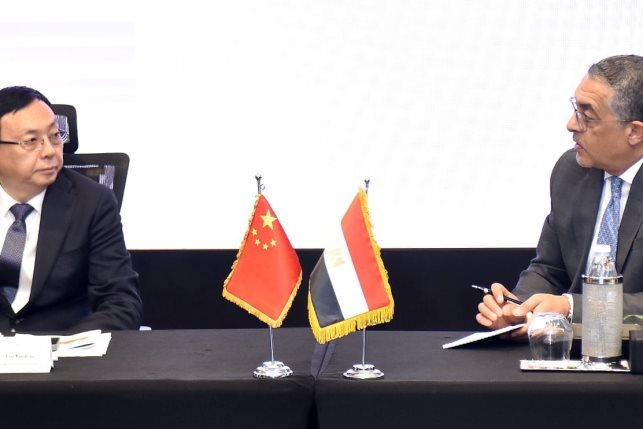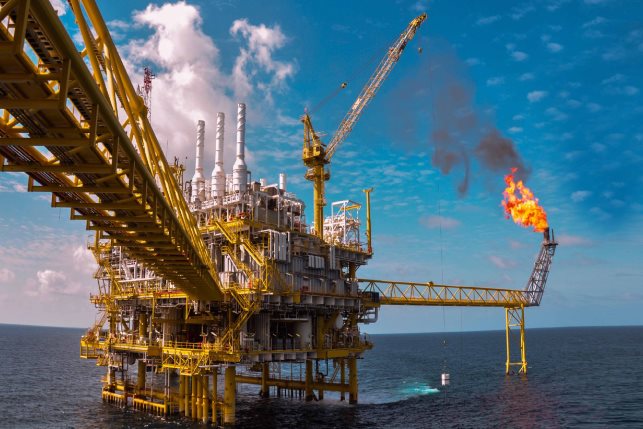Fitch Ratings increases Egypt’s real GDP growth forecast
The revised rating ranks Egypt as the 3rd top country in MENA in terms of real GDP growth, following Saudi Arabia and Iraq

International ratings agency Fitch Ratings has upgraded its forecast for Egypt’s real GDP growth for both the current FY2021/22 and FY2022/23, raising it to 5.3% from its previous expectation of 5% in FY2021/22.
The revised rating ranks Egypt as the 3rd top country in MENA in terms of real GDP growth, following Saudi Arabia and Iraq.
Fitch stated that the revision was largely due to a rebound in investments, rising tourist arrivals, and strong private consumption. The agency also expects that Egypt inflation will hit 6.1-7.1% in 2022, projecting interest rates to reach 10% by the end of the year.
The Central Agency for Public Mobilization and Statistics (CAPMAS) reported that annual urban inflation hit 7.3% in January, its highest rate since August 2019, last week.
Egypt is expected to lead the MENA region’s real GDP growth to reach close to 5%, followed by the UAE, Israel, and Saudi Arabia through 2026.
Fitch also predicted Egypt’s inflation rate to be the highest in the region through 2026. Driving the headline rate increase were food and beverages prices, which rose at their quickest pace in 32 months, climbing 12.4% year-on-year compared to 8.4% in December, attributed mainly to rising oil, vegetable and meat prices.
In terms of the Egyptian market’s exchange rate, Fitch projected the US dollar to trade at EGP 16.2 by the end of 2022.
According to Fitch, 6 out of 8 of MENA’s fast growing economies will be oil producers, as the OPEC+ supply cuts will allow for higher oil production, while expanding capacities will boost gas sales. Non-oil economies will also enjoy accelerated growth, supported by high vaccination rates and events such as the Expo in Dubai and the FIFA World Cup in Qatar, as well as the reform momentum and spill overs from high oil prices.
On the region’s fiscal deficit to GDP ratio, the report said that it will narrow in 2022 to 1.9%, down from 3.6%, the smallest deficit to be reached in a decade.
“High energy prices and rising hydrocarbon output will increase revenues for oil exporters, while a pick-up in activity will boost revenues for oil importers. Moreover, most governments will pare back pandemic-related expenses to curb overall spending,” the report explained.





